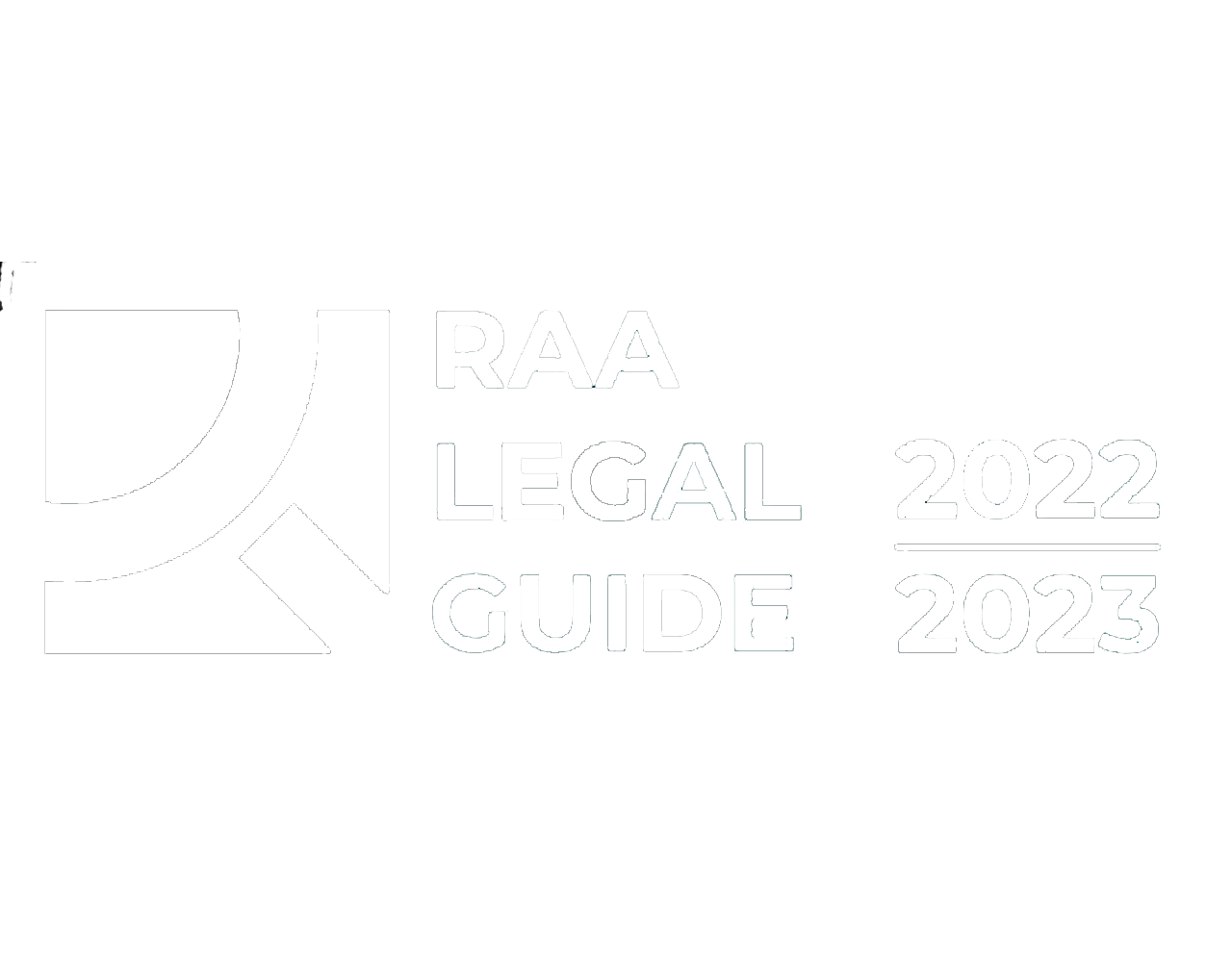Cassation: the dispute on bringing the former CEO of the company to subsidiary liability was sent for a new consideration
The bankruptcy trustee and the creditor asked the court to review the rulings of the courts of first instance and appeal instances, which refused to bring the former general director of the bankrupt company to subsidiary liability. Lawyers of the law company YUKO represented the interests of the creditor in this dispute.
The company filed for bankruptcy in 2018, with the former CEO serving from 2012 to 2016. During this time, the company entered into a number of transactions, which were later declared invalid in the bankruptcy proceedings. Their amount was more than 4 billion rubles. At the same time, the amount of money withdrawn from the bankrupt company exceeded the amount of non-collateral claims of creditors included in the register.
The courts of first and appeal instances considered the requirement for subsidiary liability to be insufficiently substantiated. The bankrupt company was part of a group of holding companies, the business owner convinced the court that he was in charge of all the companies, and the former general director, whom they tried to prosecute, only formally held the position.
The courts came to the conclusion that the former general director was unable to perform business transactions with bank accounts (the “bank-client” system), and his actions could not cause bankruptcy. The company paid out money on transactions in 2014 and 2015, and the insolvency claim was filed for arbitration only in 2018. At the same time, the owner of the entire holding has already been brought to subsidiary liability.
Cassation, having considered the complaints of the creditor and the bankruptcy trustee, canceled the decisions of the courts. According to the cassation, the judges should have taken into account the amount of transactions that could lead to bankruptcy. The nominal head by law (Article 53 of the Civil Code of the Russian Federation) remains the controlling person of the debtor, that is, he cannot be exempted from liability on such a basis. The general rule speaks of the joint and several liability of nominal and actual managers.
In addition, the district court recalled that the former general director himself, and not the plaintiffs who filed a complaint, had to prove the absence of his guilt. As a result, the cassation ruled that the case on the responsibility of the former general director should be considered again, having more fully studied the facts and arguments of the parties.














